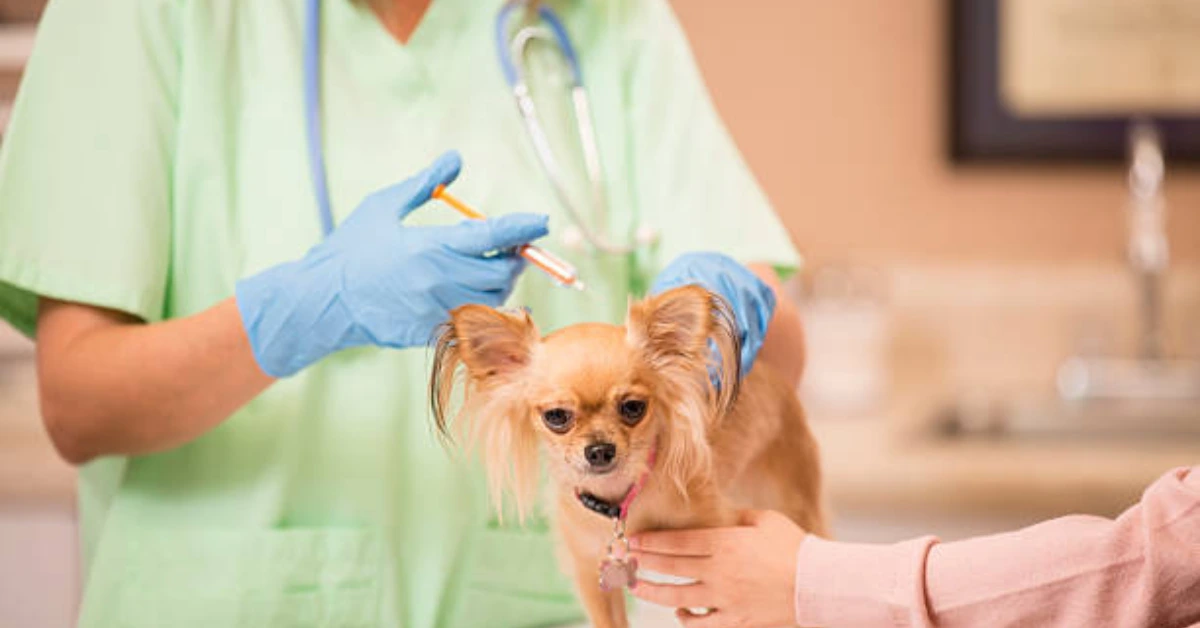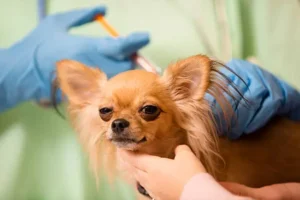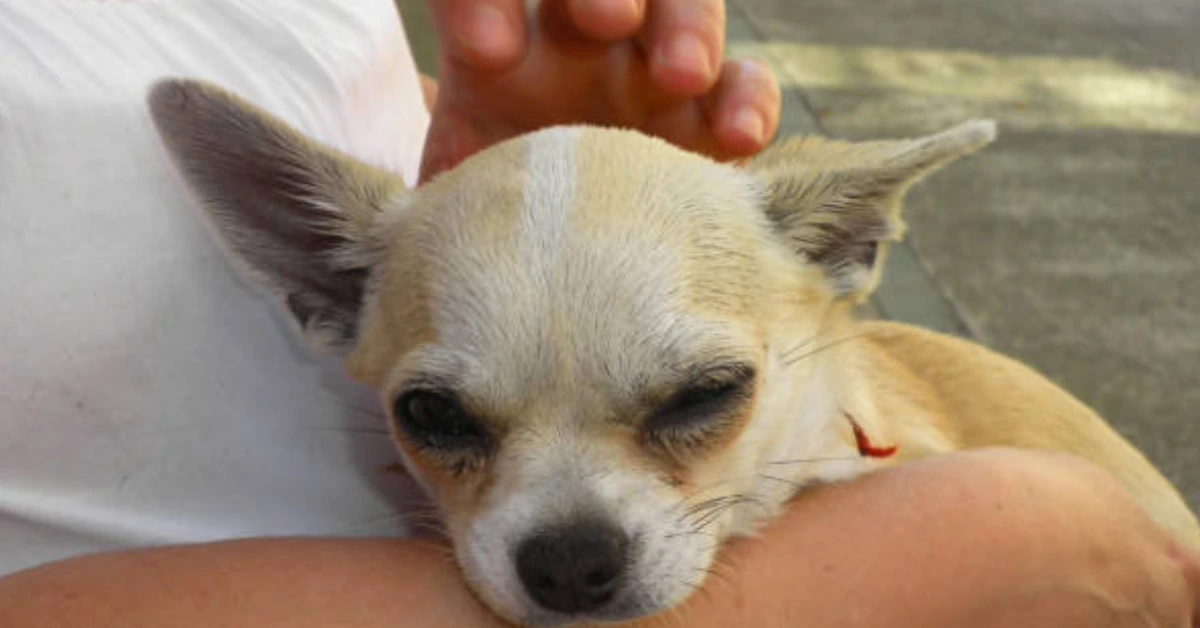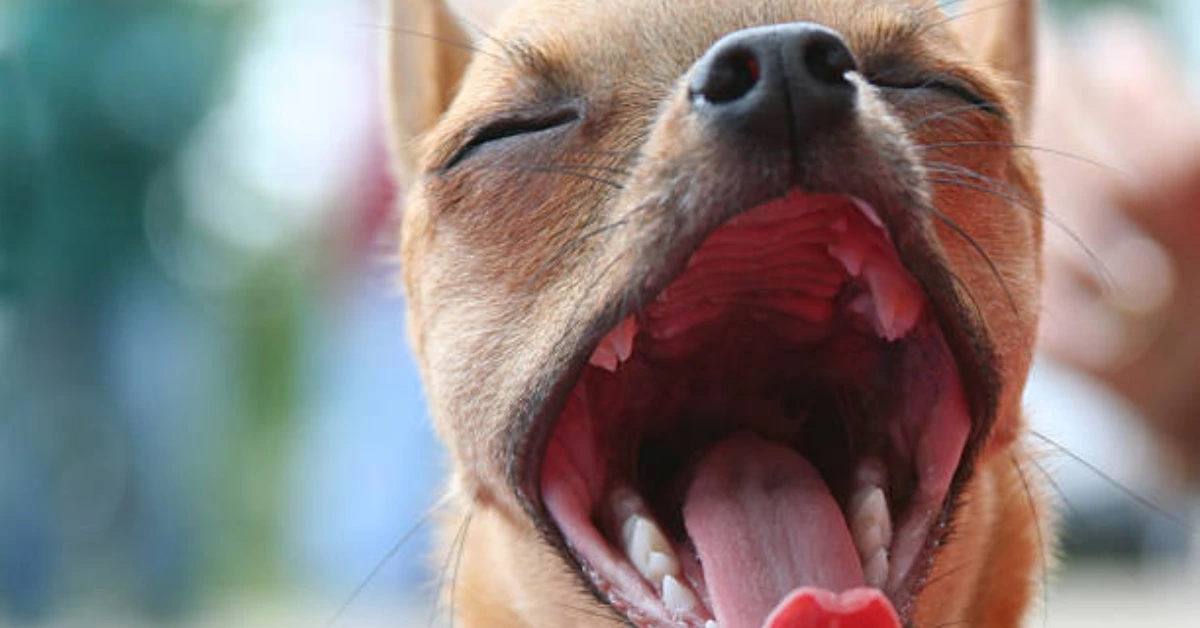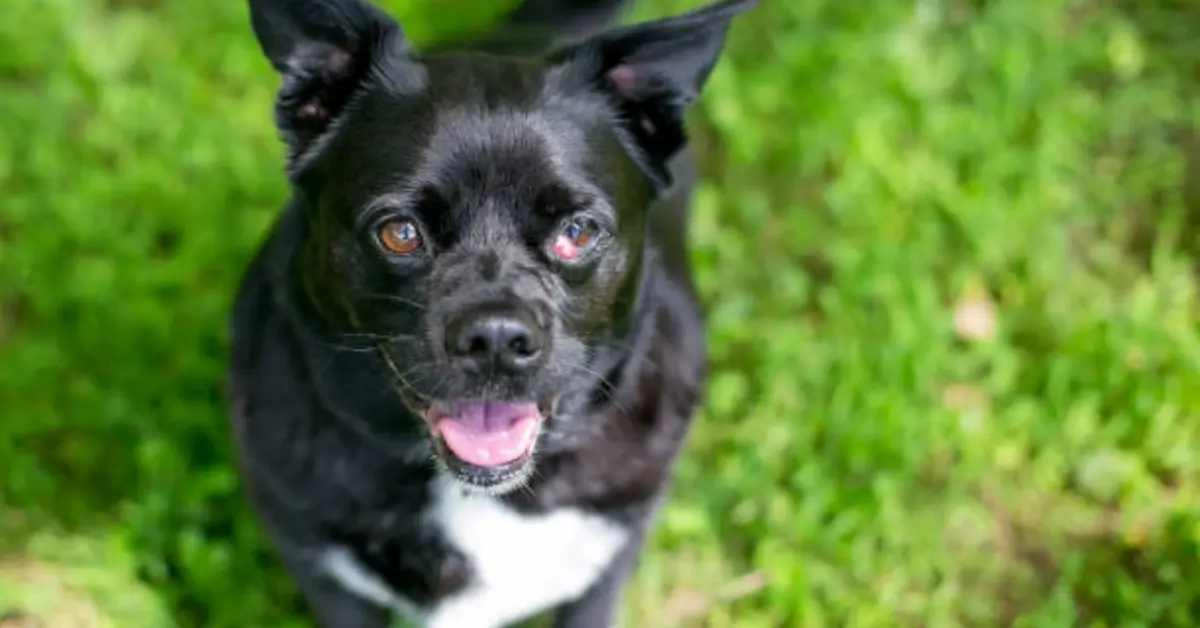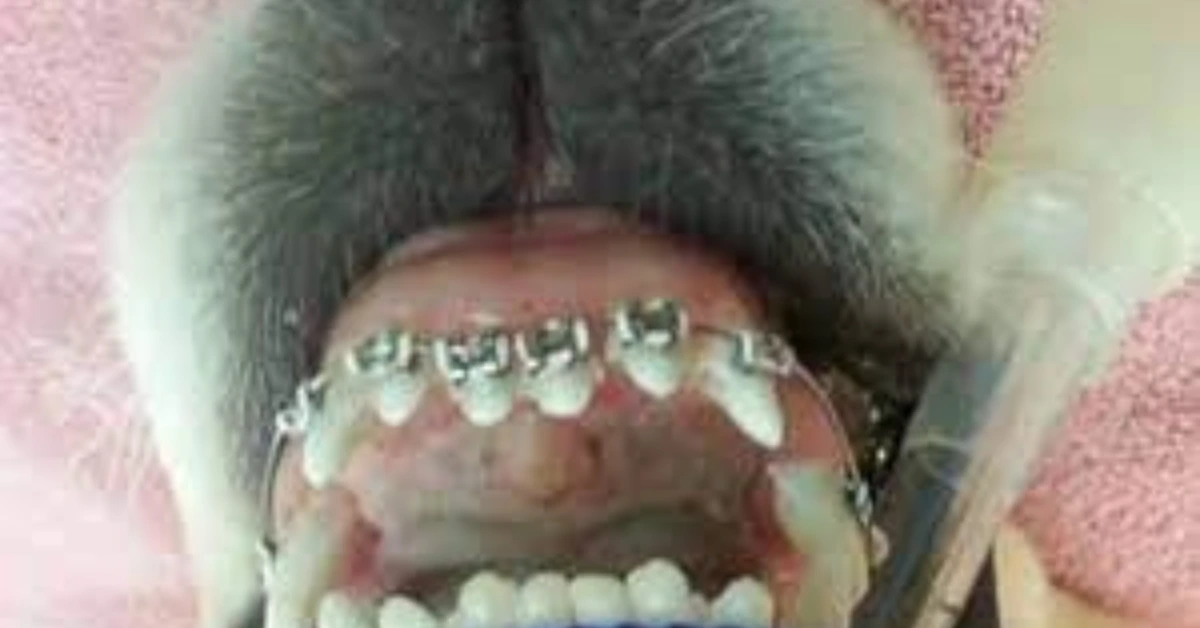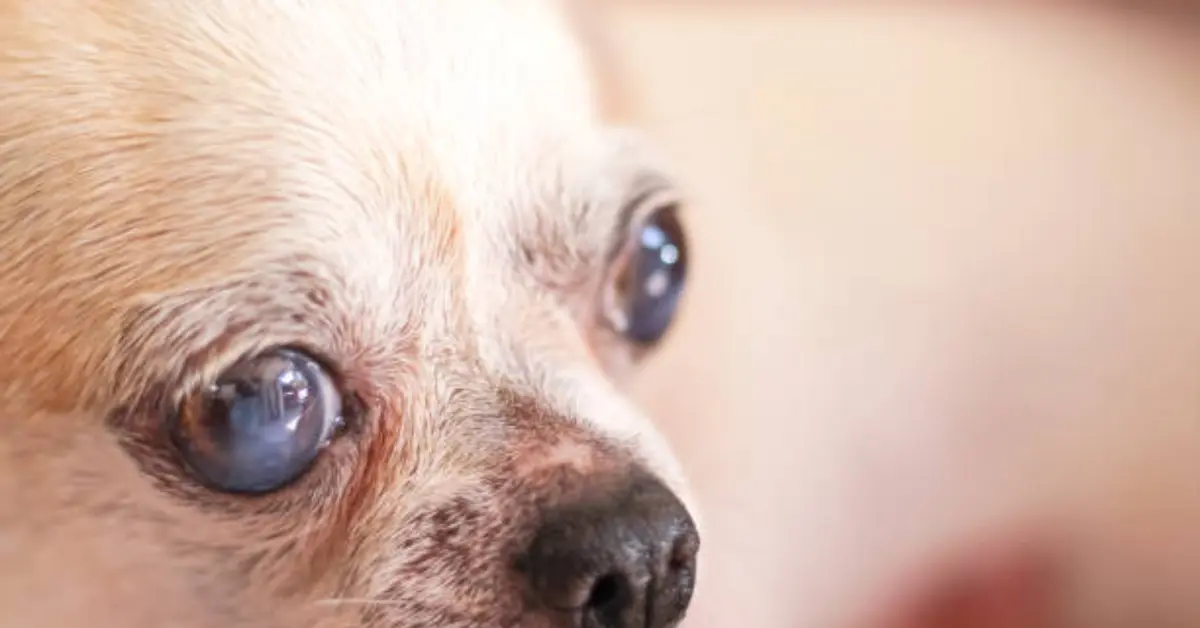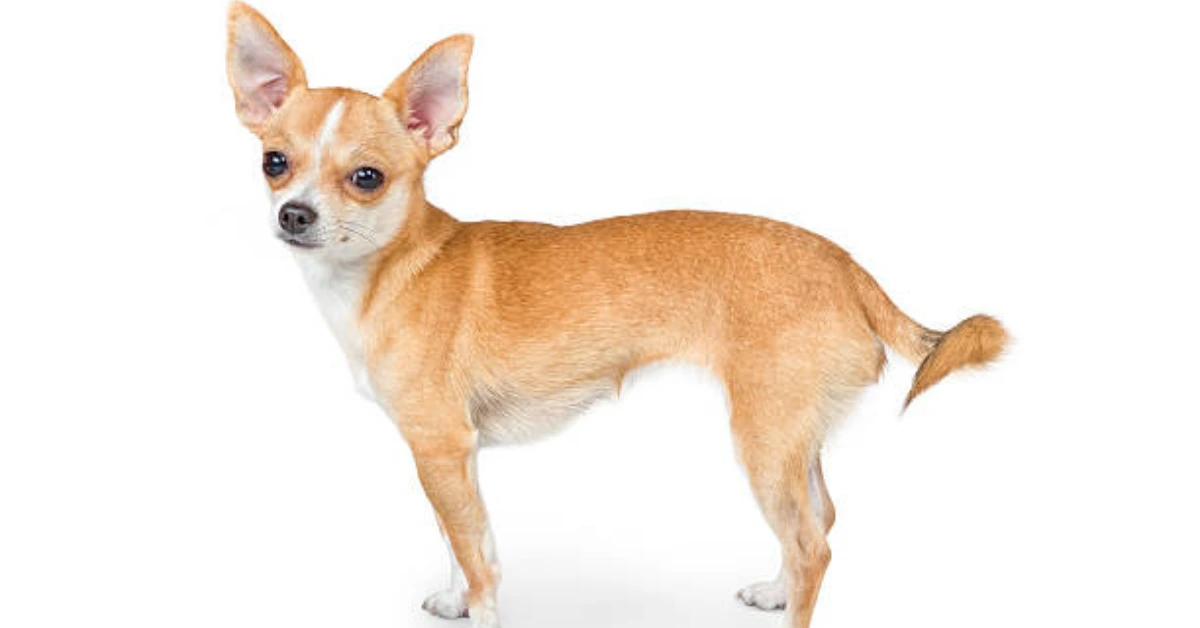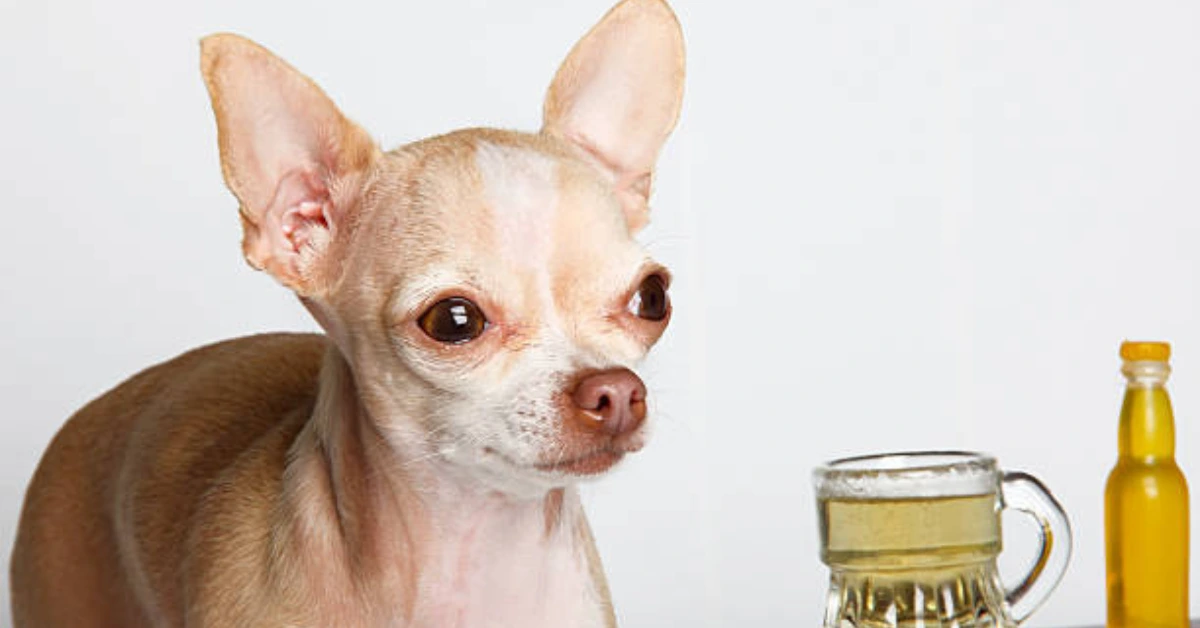Everybody has been here at some point. I refer to “we” as those who decide to buy or even adopt their fur kids. We are here to support you through all the confusion, even though this may seem frightening and perplexing to many due to the enduring arguments concerning your chihuahua Vaccines. As a token of appreciation for your little Chihuahua puppy’s devotion to you, you should take the appropriate precautions to keep them healthy and safe from many illnesses that could develop if you don’t.
It would help if you always spoke with your local veterinarian for this reason alone. We will be pleased to explain the significance of puppy immunizations, as would the ever-vigilant veterinarians.
How do Immunizations operate?
Dog vaccination is the most significant type of preventative medication, even though no vaccine is 100% effective. After administration, it sets off an immunological reaction in your Chihuahua, lowering the likelihood of recurrent infection from the bacterial or viral strains for which it was created. Certain vaccines offer protection against a specific disease, while others (called combination vaccines) offer protection against several diseases.
Advertisement
When scientists develop a vaccine, they either eradicate the original infection or chemically change it to render it non-contagious. This is a meticulous procedure since the dog’s immune system needs to react to the virus or bacteria’s original protein molecules, or antigens, to be activated. The vaccine may not prevent the disease but rather induce it if the virus is potent. If it is too feeble, it will not provide sufficient defense.
Why Chihuahua Vaccines Are So Important
As previously said, during the first three months of their lives, when they are most susceptible, it is imperative to prevent various diseases that pups may develop. Vaccinating your puppy can prevent the spread of rabies and other illnesses to other members of your family. Throughout the past century, vaccinations have prevented millions of animal fatalities. Vaccinations against dog diseases can help you avoid costly treatments for animal diseases that can be prevented in the first place.
To ensure their continued protection, puppies should receive a primary course of immunizations as well as booster shots as needed throughout their lives.
Chihuahua Vaccines Schedule
| Chihuahua’s Age | Recommended Vaccine |
| 5 Weeks | Parvovirus |
| 6 Weeks | *Combination vaccine (parvovirus, distemper and adenovirus type 2). |
| Parainfluenza, bordetella Bronchiseptica, for puppies at risk for kennel cough. | |
| 9 Weeks | *Combination vaccine (parvovirus, distemper and adenovirus type 2). |
| 12 Weeks | *Combination vaccine (parvovirus, distemper and adenovirus type 2). |
| 15 Weeks | *Combination vaccine (parvovirus, distemper and adenovirus type 2). |
| Parainfluenza, bordetella bronchiseptica, for puppies at risk for kennel cough. | |
| Lyme disease, where Lyme disease is a concern or if traveling to a region in which it occurs. | |
| Adult **Booster Shots (Every 1 to 3 Years) | *Combination vaccine (parvovirus, distemper and adenovirus type 2). |
| Parainfluenza and bordetella Bronchiseptica, for dogs at risk for kennel cough. | |
| Lyme disease, where Lyme disease is a concern or if traveling to a region in which it occurs. | |
| Rabies (administered by a licensed veterinarian; re-vaccination requirements vary by state). |
Rabies: What Is It?
A rabid mammal’s bite is often how the preventable virus known as rabies spreads. Animals’ central nervous systems are impacted by the rabies virus, which subsequently results in brain infection and death. Once contracted, there is no cure, but it can be avoided.
Dog rabies symptoms that might be seen include fever, dysphagia, excessive drooling, stumbling, convulsions, and even paralysis. Your dog may appear overstimulated as the disease progresses, making noise, movement, and lights seem to hurt them. If rabies is a frequent infection in your nation, you should vaccinate your puppy to avoid having to deal with such a horrible condition.
Several countries have different policies regarding rabies
The rabies vaccine is a topic of much dispute. When it should be administered and whether there may be any side effects; nonetheless, the vaccination is completely safe, according to the most recent research. The shot is surrounded by many policies. It is required in certain nations but not in others.
Although rabies vaccination is required in the United States and should ideally be given to your puppy by the fourteenth or sixteenth week of its life, this is not the case in other nations.
While rabies is not as common in metropolitan areas around the world, it can be devastating for your puppy. In the United States, raccoons, skunks, bats, and foxes are frequently discovered to have contracted the disease. As such, they are required to receive a rabies vaccination, and it’s generally advised not to take your dog outside or socialize with other dogs.
The rabies vaccine is not required in the UK, however it is advised. You cannot go overseas if your puppy is not microchipped before receiving the immunization.
It is important to note that the specialists advise against giving your dog the rabies vaccination before the age of 12 weeks. It is legal in certain US jurisdictions for your dog to have previous vaccinations. However, it is advised to hold off as the initial vaccinations need to be administered again. You can wait 6–12 months before giving your Chihuahua puppy another dose unless you plan to travel with them, as they would need to have it again in 3–4 weeks if given earlier.
Potential Side Effects and Adverse Reactions Of chihuahua Vaccines
This small breed frequently experiences adverse reactions to vaccinations. It is reasonable to anticipate the following:
- A mild fever
- Small aches in the muscles
- A little more lethargic than usual
Having said that, some dogs might react more severely. Even dogs of big breeds experience it. It is best to take your Chihuahua for his puppy vaccines at a time when you can spend at least six hours with him or her following the procedure.
As soon as you leave the veterinarian, start observing him. One puppy we’ve had started exhibiting symptoms while driving home from the vet.
The following are signs and symptoms you should be aware of:
- Swelling: The face is usually where this is most noticeable. It is possible for swelling to develop around the eyes, giving them a distorted or tiny appearance. It could also show up all over the face or around the mouth.
- Hives: Obviously, this will be more noticeable in those with short coats. However, you can frequently see hives on the abdomen with either variety.
- Vomiting: It’s usually not a coincidence when a Chihuahua throws up within ten hours of receiving puppy immunizations. It’s a response to the immunization. If the stomach is empty, this could be a regurgitation of food or vomiting froth.
These unfavorable reactions may occur moments or hours following your departure from the clinic. When you are driving a puppy home in the automobile, be prepared for the possibility that he will react negatively.
Your Chihuahua should ride in the back seat in a canine car seat, per safety regulations. As a result, if at all feasible, it is advised that you be with someone.
Furthermore, it’s ideal to arrange your puppy’s immunizations for a day when you can stay at home and watch him. Taking a puppy for his vaccines and then leaving him at home alone is risky.
Any of the aforementioned effects can frequently be stopped with an antihistamine drug. We strongly advise taking your Chihuahua back to the vet right away for this, since the right dosage will be given based on the puppy’s size and the severity of the reaction.
As a reaction could seem mild at first and then quickly get worse, we strongly advise getting professional care as soon as possible so that the dog can be assessed.
Can My Chihuahua Dog Go Outside And Meet People?
Consult your veterinarian and heed their recommendations. Nevertheless, in general, you can take your puppy for a walk two weeks following their second vaccination, or, if you live in a nation where rabies is predicted, three months following their third vaccination.
Puppies who have not received vaccinations are more likely to get illnesses like parvo and distemper because they will explore their environment by sniffing and licking for extended periods.
Once the recommended duration has elapsed, your fully immunized puppy can venture outdoors and begin interacting with other canines. It’s recommended to start with short outdoor excursions and work your way up to longer treks.
The Price of Vaccinations
Nobody should feel uncomfortable asking how much a vaccination costs since, while you want to provide your Chi the best care possible, an owner must also set aside money for essential maintenance.
Nevertheless, there is a significant range in the price. To reward you for being a consistent customer, several veterinary clinics offer a one-step payment plan. For somewhere between $150 and $350, you may pay for all of your chihuahua immunizations, including booster shots.
As an alternative, an owner may want to pay each time they come; the cost may vary according to the immunizations administered. The price may vary from $15 and USD 50.
Certain pet supply stores provide vaccinations; however, before choosing this option, we advise you to verify the qualifications of the person administering the shots. Additionally, since there is always a chance that a Chi will react negatively, it is usually preferable to have these administered at the veterinarian’s office. In addition to often not charging a fee to examine a puppy or administer medication to counteract a response, the office should always have an emergency line.
Last Word
If you follow the instructions in this post and speak with your veterinarian, chihuahua vaccines don’t have to be as difficult as it may seem. The infections and illnesses your new family members may get before and during their stay in your care should be avoided.
If your puppy has had vaccinations, those records should be included with them when you buy them. Take them to the vet to confirm that they have received all of their immunizations, and if needed, seek advice on any more injections they might need to receive.
The health of your puppy is the most crucial factor in the end. Keep an eye on your puppy. Even after getting their vaccinations, they should be alright if they are content, wagging their tail, and do not appear to be in any form of pain or discomfort. A contented puppy is a contented family.
YOU MAY ALSO LIKE:
5 Chihuahua Puppies Health Concerns And How to Avoid Them?
Are Merle Chihuahuas Unhealthy?
Advertisement

